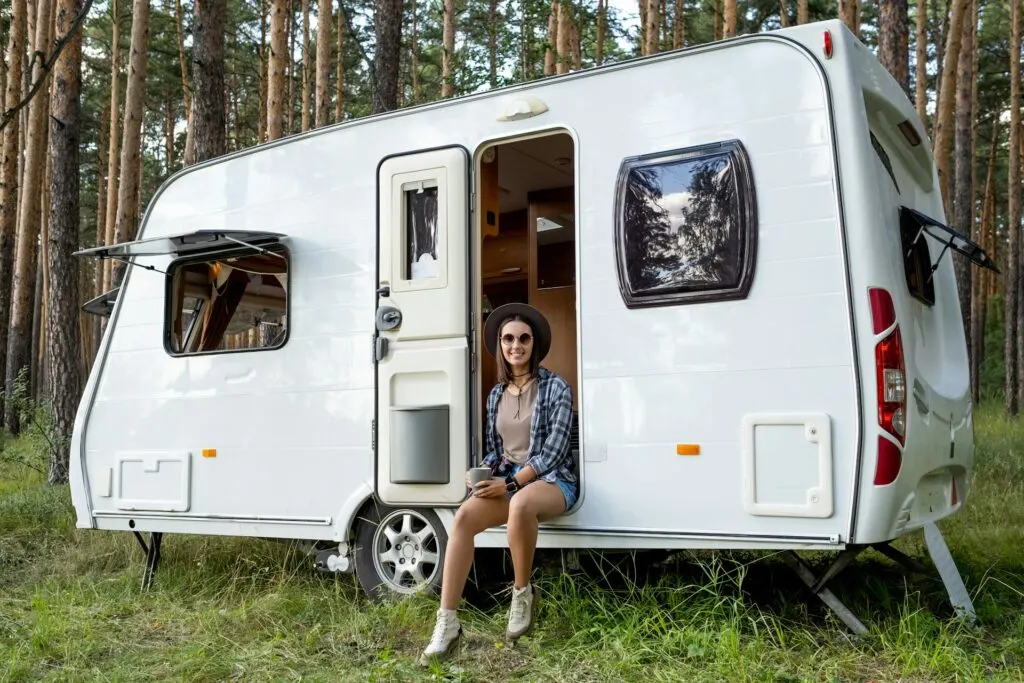
Planning an RV route can seem straightforward, but there are common mistakes that can turn a dream trip into a nightmare. Let’s dive into the crucial mistakes to avoid to ensure your journey is smooth and enjoyable.
1. Overlooking the Distance

Keep a close eye on the distances you plan to travel each day. Don’t underestimate how tiring long drives can be in an RV. Break your journey into manageable segments and ensure you have regular rest stops.
Pay particular attention to rest areas and overnight stays. Many new RV travelers overlook the importance of frequent breaks, leading to fatigue and reduced enjoyment.
Plan your route to include interesting stops and scenic detours. Incorporating rest areas and attractions keeps the journey enjoyable and safe. Taking time to rest and recharge is crucial for a smooth RV adventure.
2. Ignoring Road Conditions

Ignoring road conditions can lead to unexpected delays and dangerous situations. Always check the latest road reports before you set off each day. Look out for construction zones, road closures, and weather-related issues.
Pay particular attention to the types of roads you’ll be traveling on. Many new RV travelers overlook the impact of poor road conditions, which can lead to damage and increased wear and tear on your vehicle.
Fortunately, there are plenty of resources to help you stay informed. Use apps and websites that provide real-time updates on road conditions. Being prepared helps you avoid unpleasant surprises and ensures a smoother, safer journey.
3. Missing Fuel Stops

Missing fuel stops can turn a relaxing trip into a stressful nightmare. Always plan your route with fuel stops in mind, especially when traveling through remote areas.
Keep a close eye on your fuel gauge. Many new RV travelers underestimate how quickly they can run low on fuel. Regularly refuel whenever you have the chance, even if you think you have enough to get to the next stop.
Luckily, there are tools and apps designed to help you find RV-friendly gas stations along your route. Planning your fuel stops ahead of time ensures you won’t be caught off guard, allowing you to enjoy your journey without worrying about running out of gas.
4. Not Checking the Weather

Not checking the weather can really throw a wrench in your travel plans. It gets even worse when you’re caught in bad weather without any preparation.
Always look at the weather forecast before you hit the road each day. Many new RV travelers overlook this step and end up facing storms, heavy rain, or extreme temperatures unexpectedly.
Checking the weather is easy. Use reliable weather apps to stay updated. Being aware of the weather helps you avoid dangerous conditions and ensures a safer, more enjoyable trip.
5. Avoiding Tolls
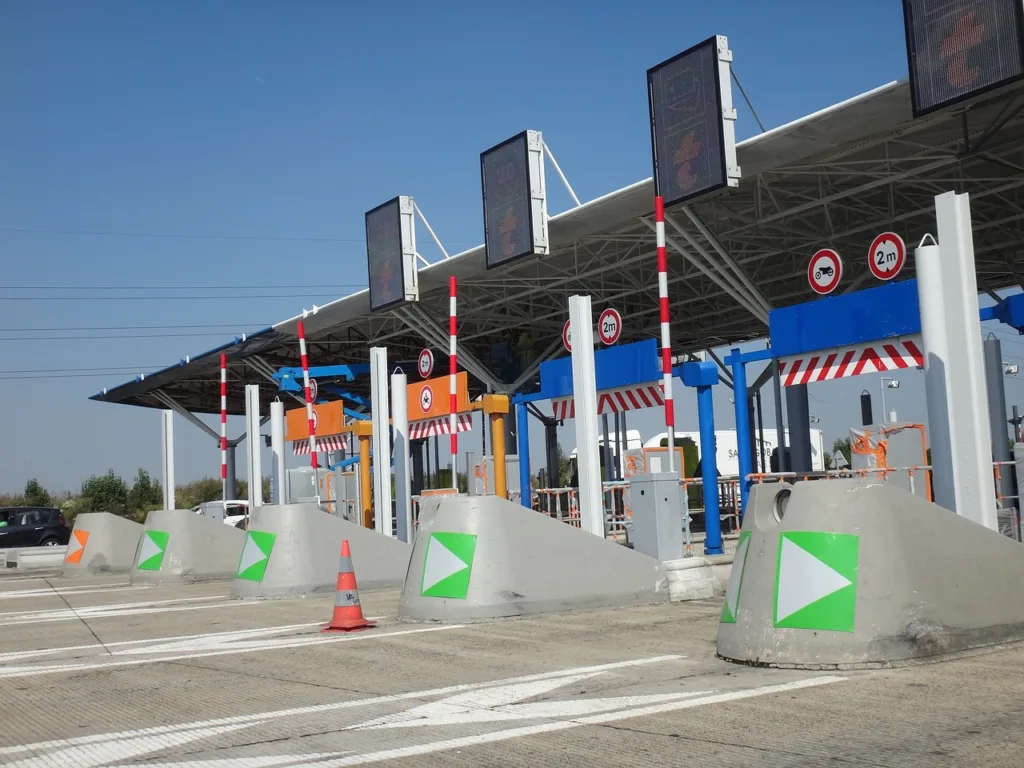
Avoiding tolls might seem like a good way to save money, but it can sometimes lead to longer, less convenient routes. It gets even worse when those detours take you on poorly maintained roads or through congested areas.
Don’t automatically dismiss toll roads. While they come with a cost, they often provide faster, smoother, and more direct routes. Many new RV travelers try to avoid tolls and end up spending more time and fuel on their journey.
Consider the bigger picture. Sometimes paying a little extra for tolls can save you time and hassle, making your trip more enjoyable and efficient.
6. Skipping Reservations
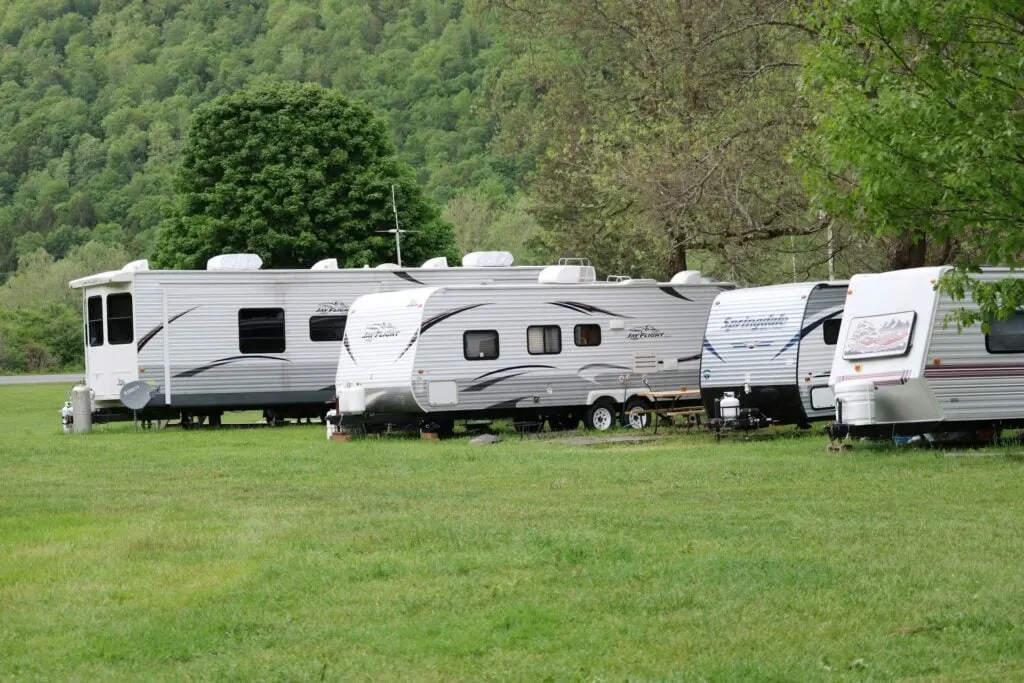
Skipping reservations can turn a fun trip into a stressful scramble. It gets even worse when you arrive at a popular campsite or RV park only to find it fully booked.
Don’t assume you’ll always find a spot. Many new RV travelers overlook the importance of booking ahead, especially during peak travel seasons.
Without a reservation, you might end up driving around looking for a place to stay, wasting valuable time and energy.
Fortunately, making reservations is simple. Most campgrounds and RV parks offer online booking. Planning ahead ensures you have a guaranteed spot to relax each night, making your trip smoother and more enjoyable.
7. Ignoring Local Laws
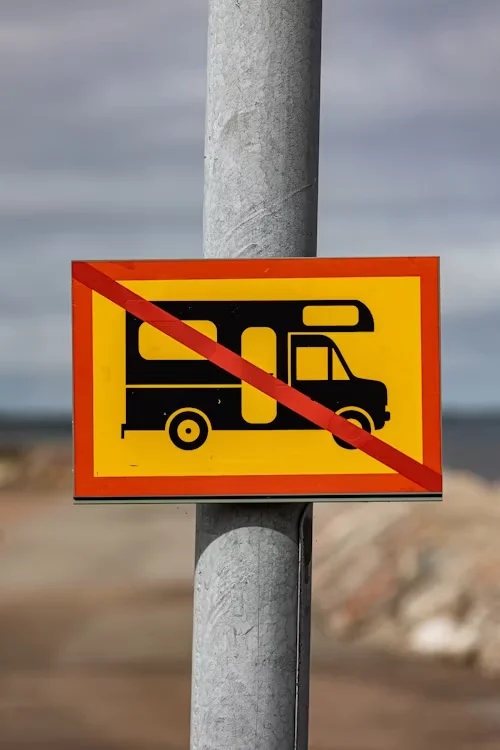
Ignoring local laws can lead to unexpected fines and complications. It gets even worse when you find out too late that you’ve broken a rule you didn’t know existed.
Don’t overlook the importance of familiarizing yourself with local regulations. Different states and regions have varying laws regarding where you can park, how to dispose of waste, and other RV-related activities.
Many new RV travelers assume that the rules are the same everywhere, only to run into trouble.
Check local laws online before you travel and ask for information at visitor centers. Knowing the rules helps you avoid legal issues and ensures a smoother, stress-free journey.
8. Underestimating Travel Time
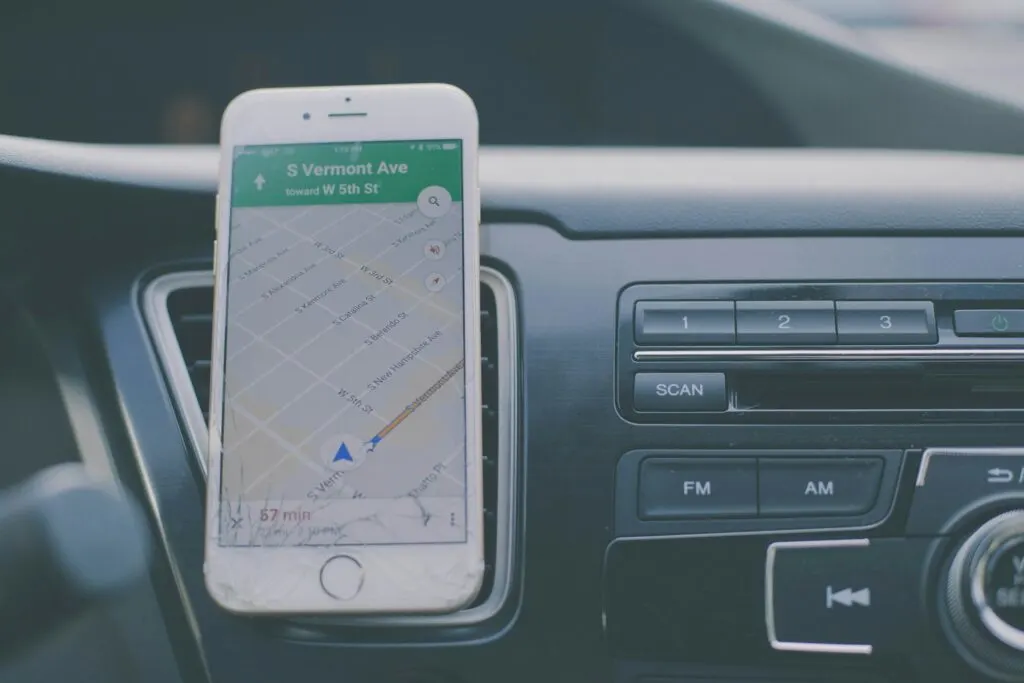
Underestimating travel time can throw off your entire itinerary. It gets even worse when you realize you’re rushing to make it to your next stop before dark.
Don’t assume you can cover as much ground in an RV as you can in a car. RVs are larger and slower, and frequent stops for fuel, food, and rest are necessary. Many new RV travelers overlook this and end up feeling stressed and behind schedule.
Be realistic about how much you can travel each day. Plan for shorter distances and allow extra time for unexpected delays. Giving yourself plenty of time ensures a more relaxed, enjoyable trip without the pressure of racing against the clock.
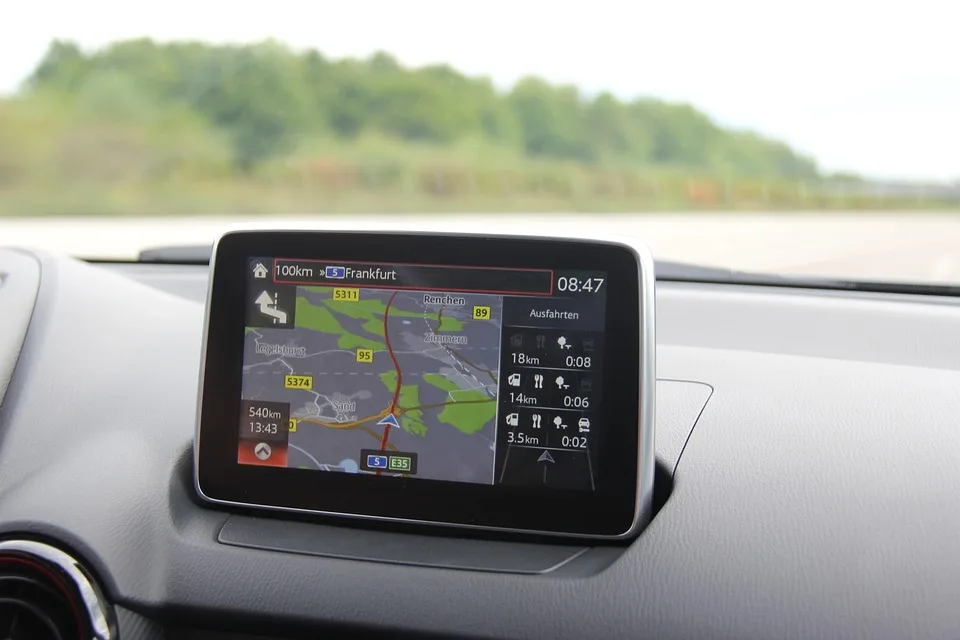
Poor navigation can quickly turn an exciting trip into a stressful ordeal. It gets even worse when you find yourself on roads that aren’t suitable for your RV.
Don’t rely solely on standard GPS apps meant for cars. RVs require different routes due to their size and weight. Many new RV travelers end up on narrow roads or face low bridges because they didn’t use RV-specific navigation tools.
There are apps designed for RV travel that account for these factors. Investing in an RV-friendly GPS ensures you take the safest, most efficient routes, making your journey smoother and more enjoyable.
10. Missing Scenic Routes
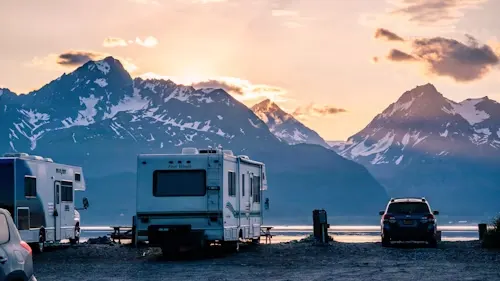
Sticking to highways might be the fastest way to get from point A to point B, but it often means missing out on beautiful scenic routes.
Plan your journey to include some of these scenic byways that offer stunning views and memorable experiences. The journey is part of the adventure, so take the time to enjoy it.
Ready for a Smooth Journey?
Avoiding these common mistakes ensures your RV trip is as enjoyable as possible.
By paying attention to details like distance, road conditions, fuel stops, and more, you can travel with confidence and ease.
Plan ahead, stay flexible, and make the most of every mile. Safe travels and happy adventures!
